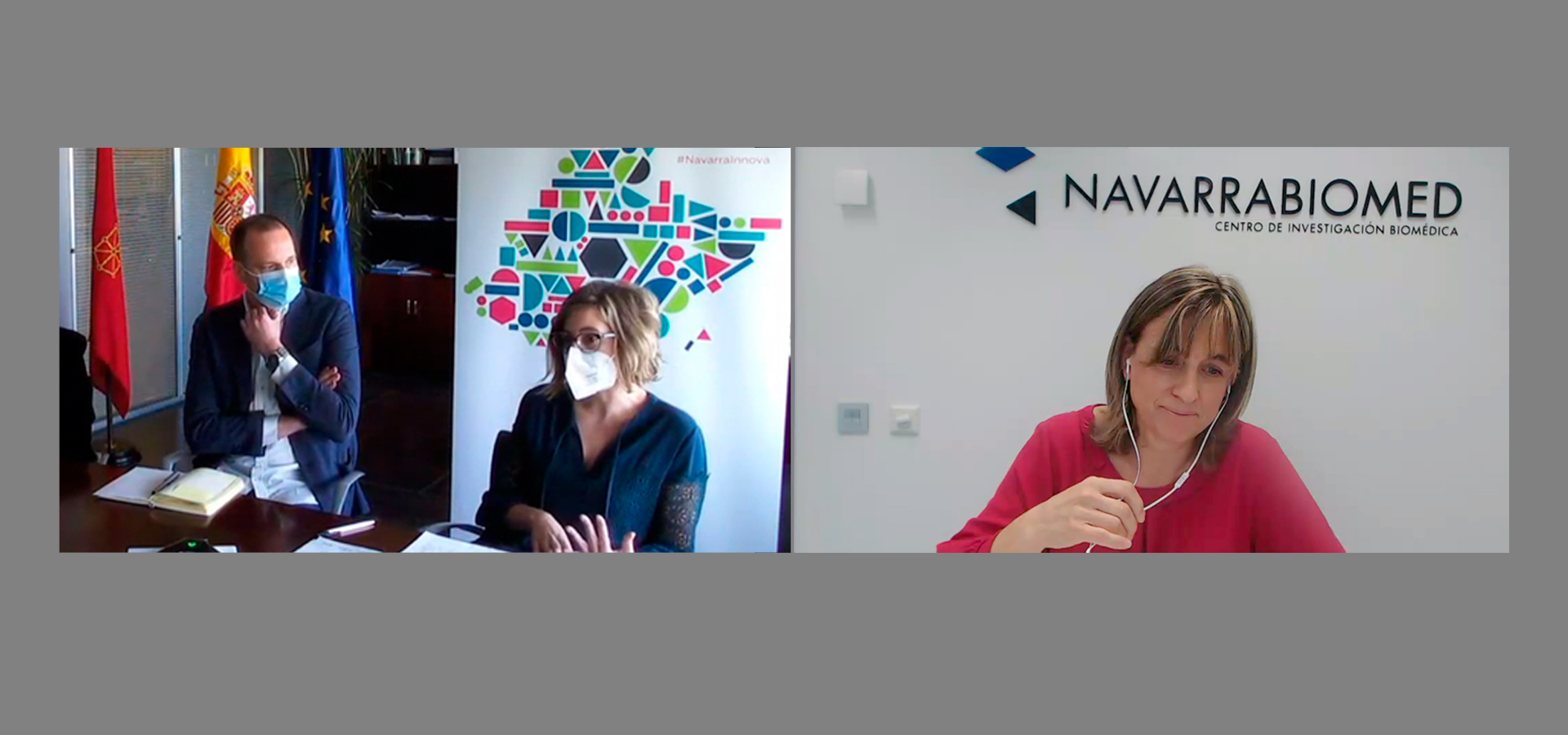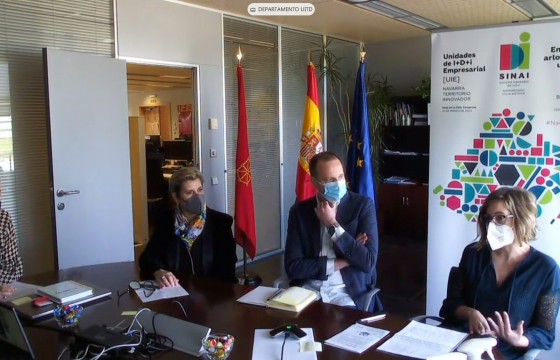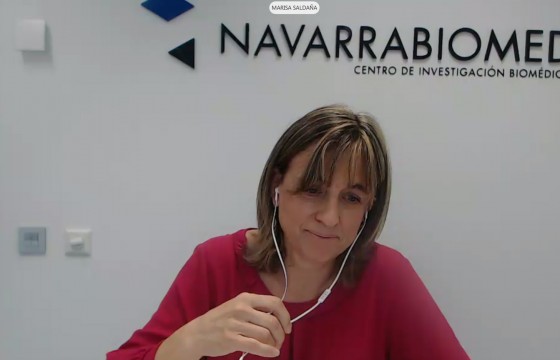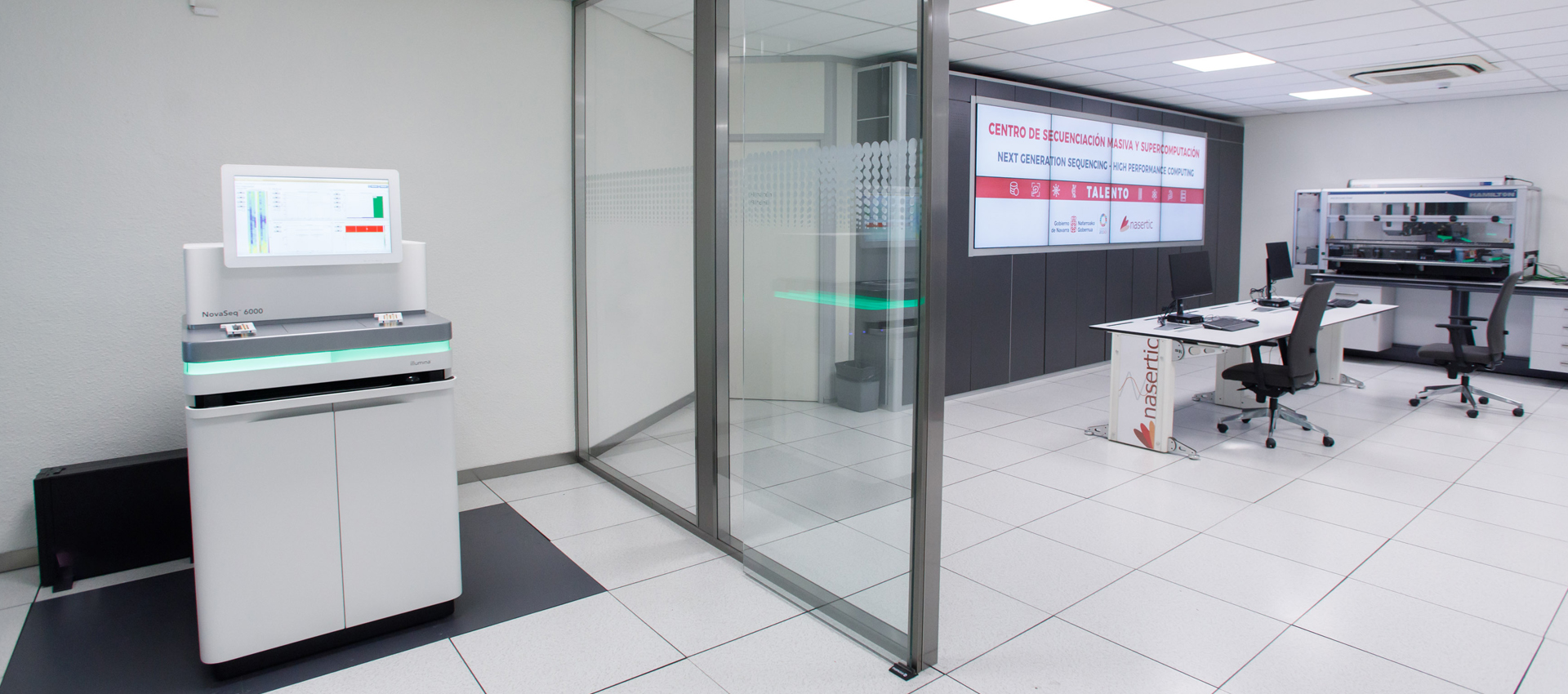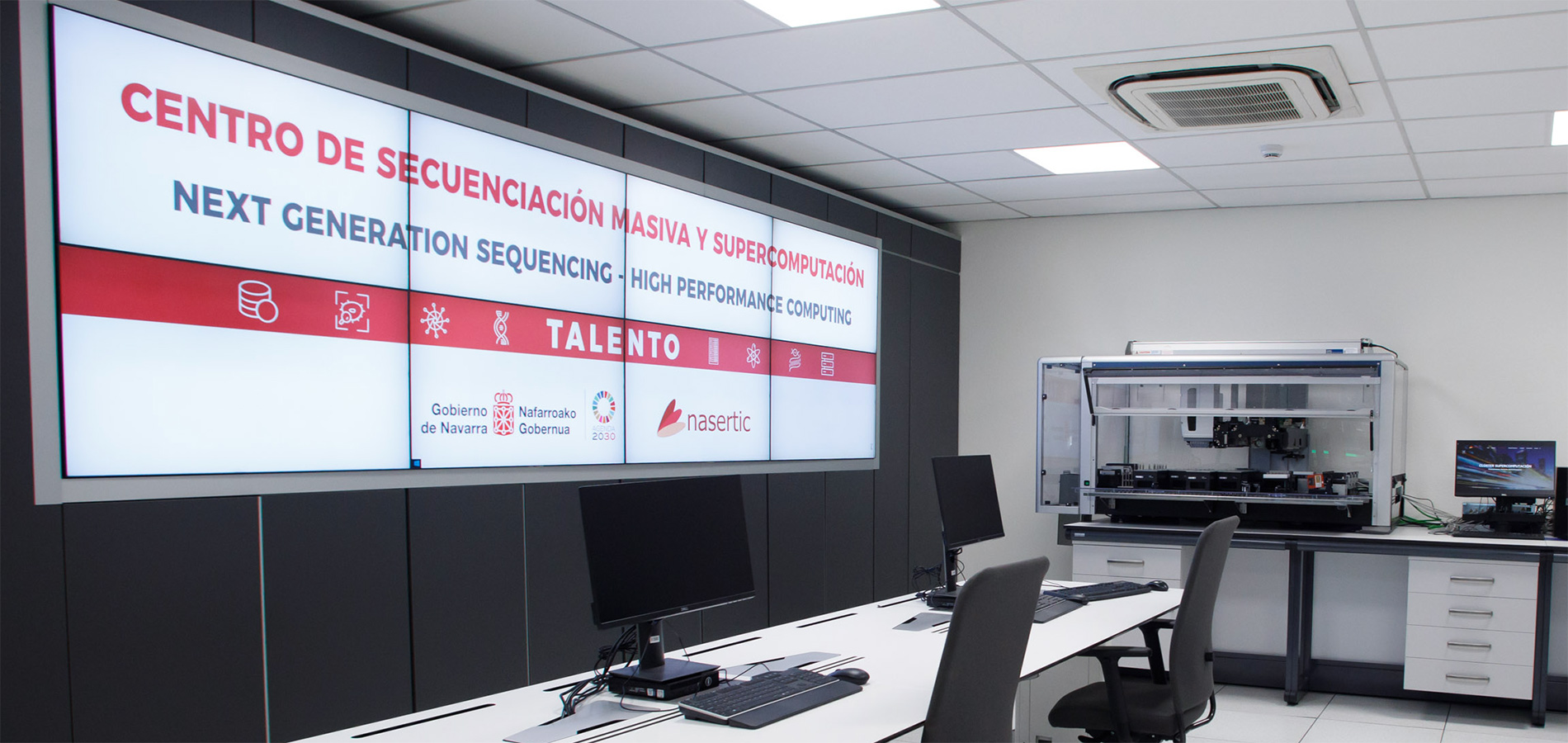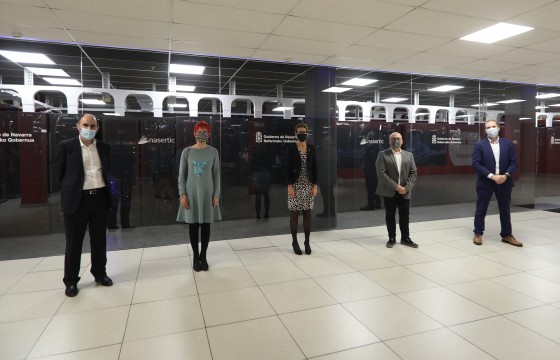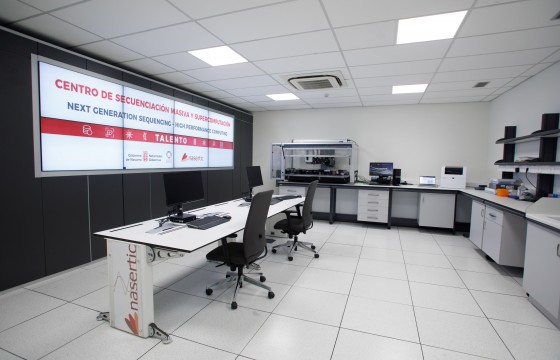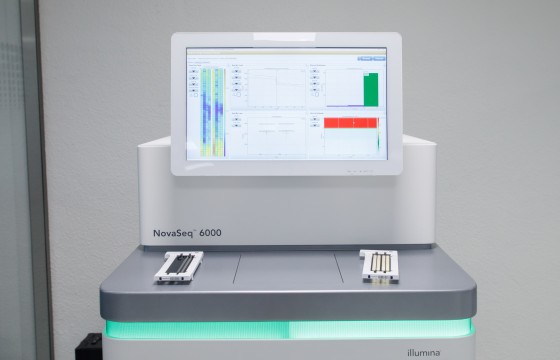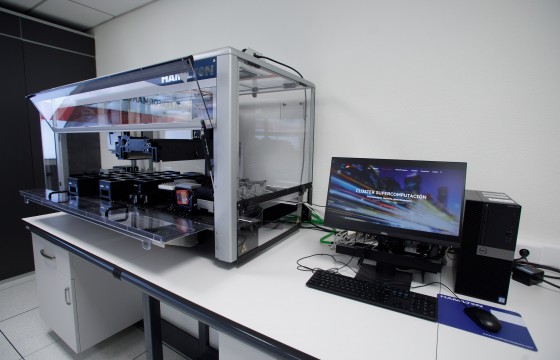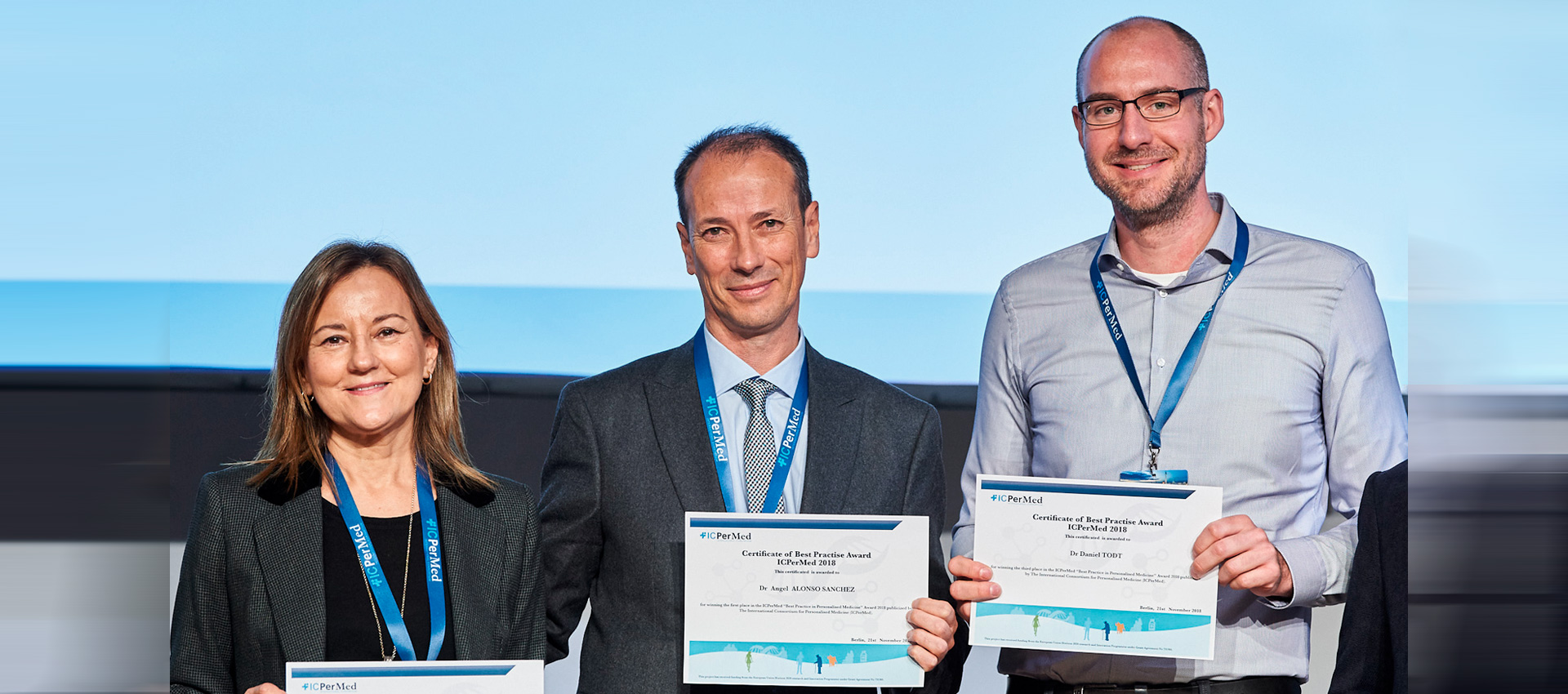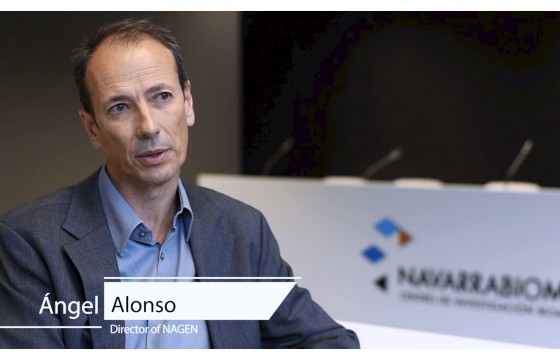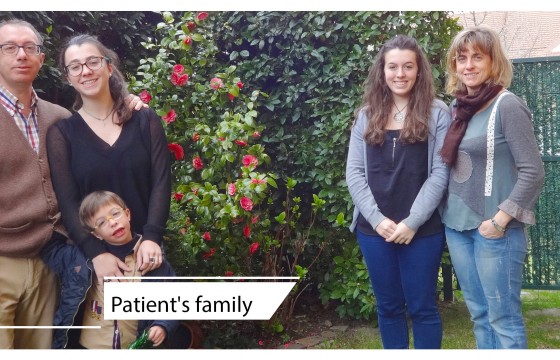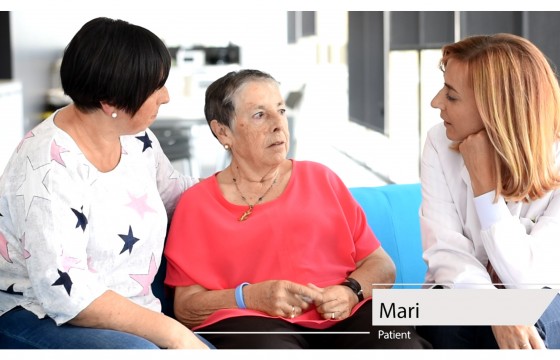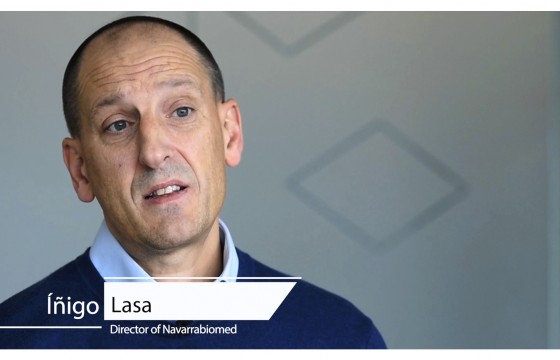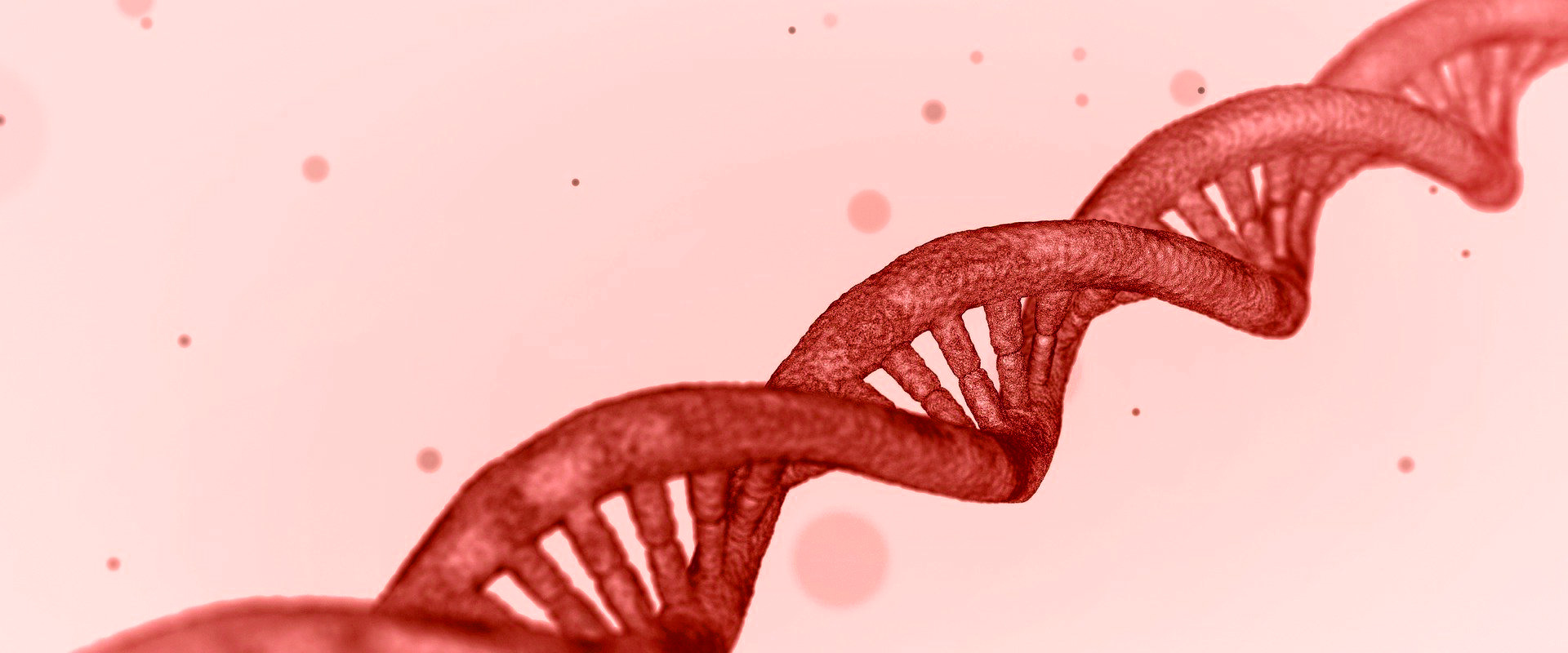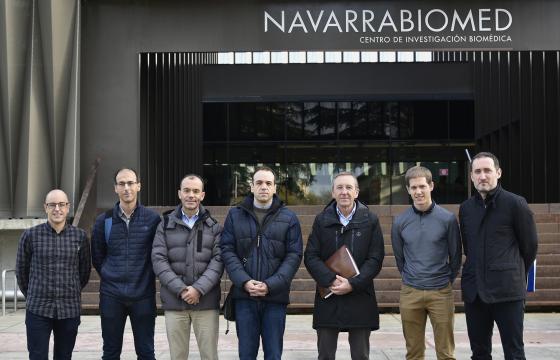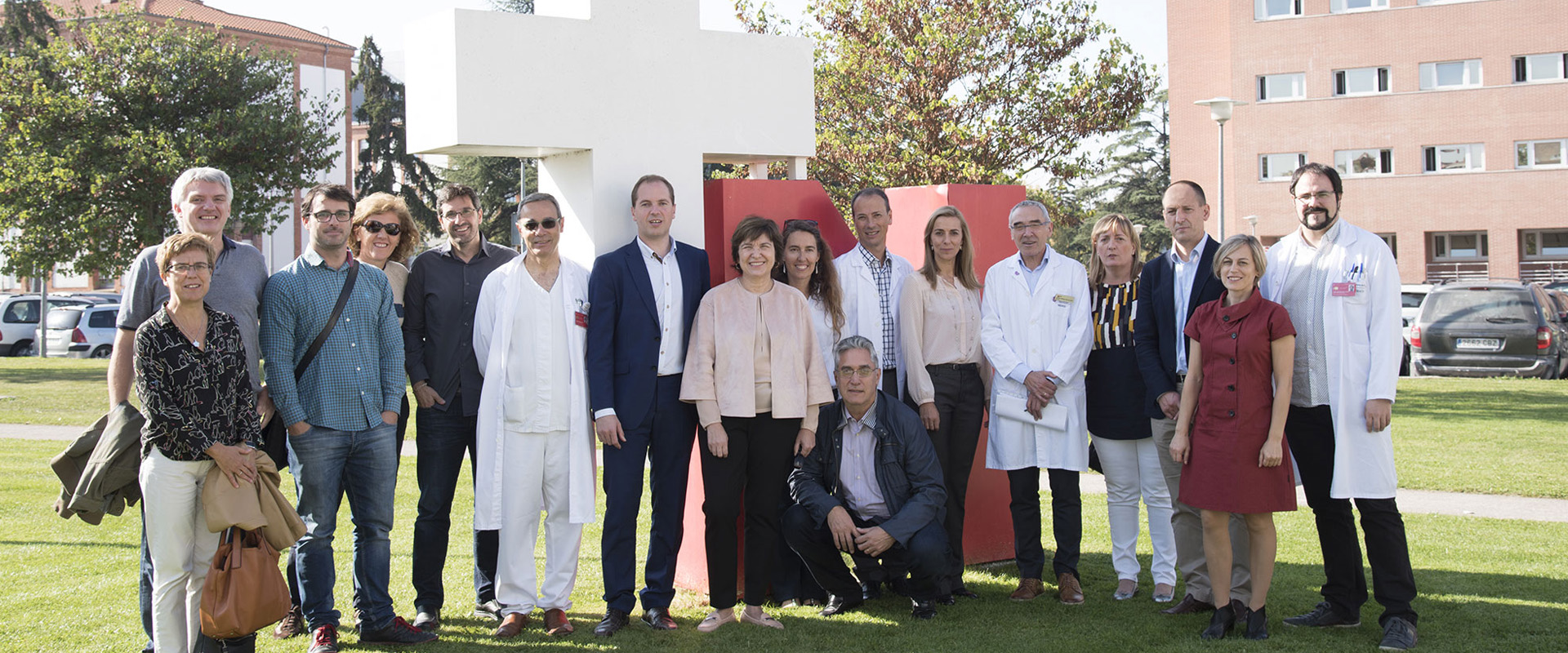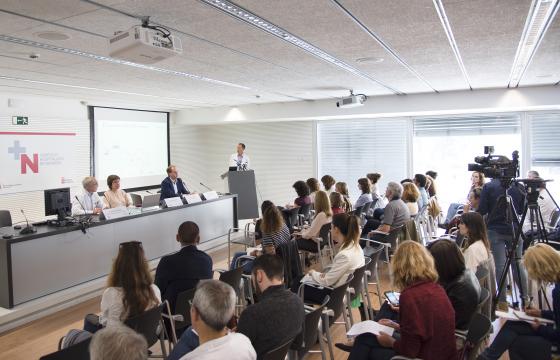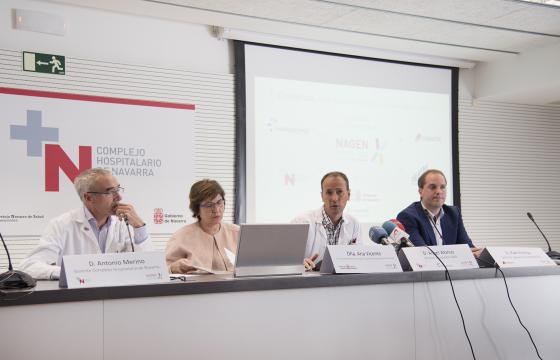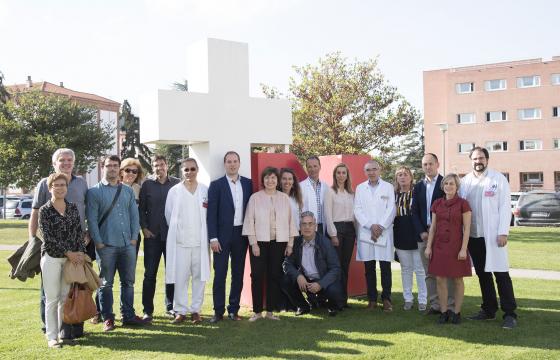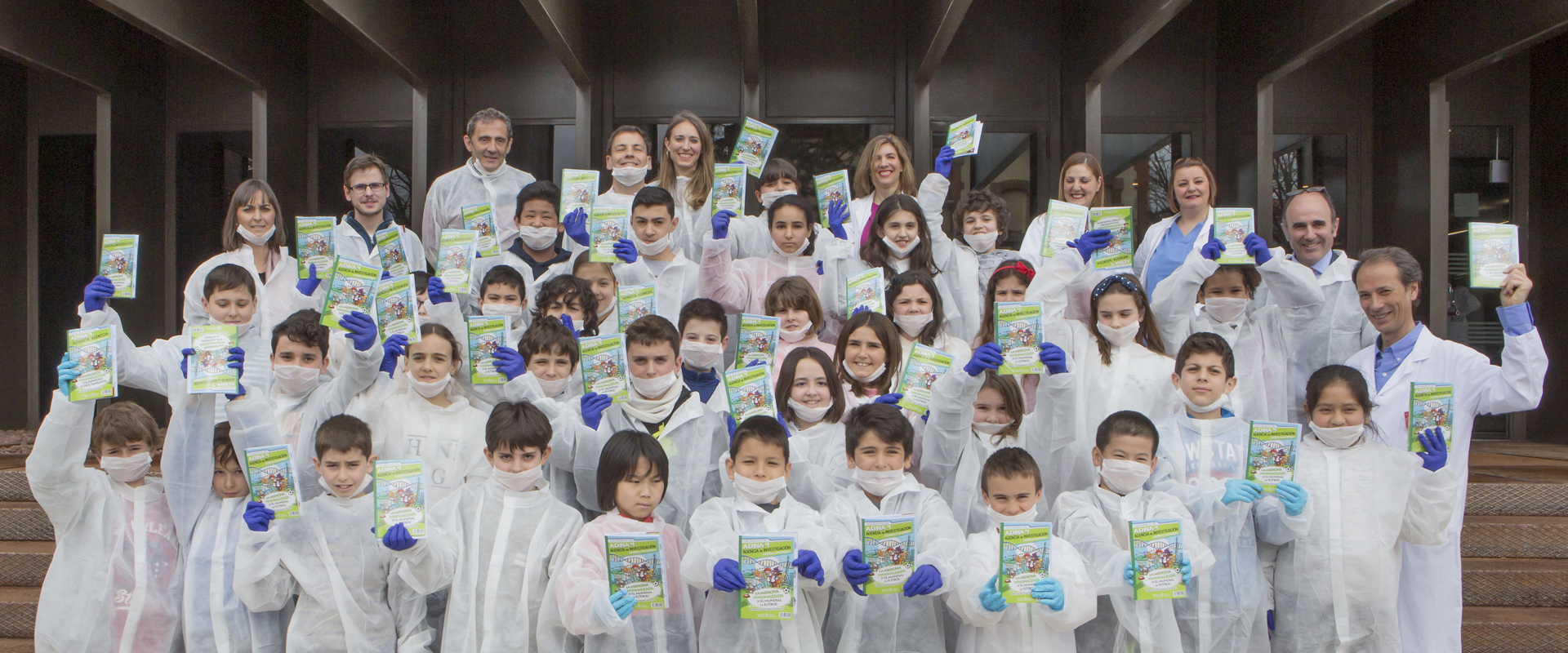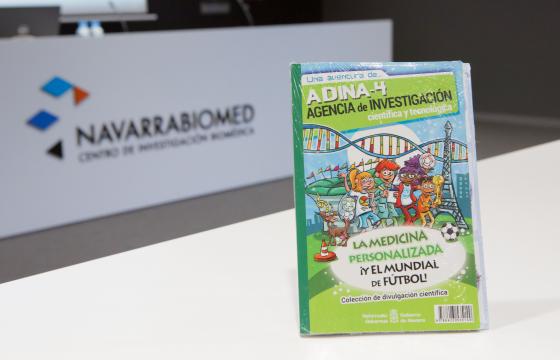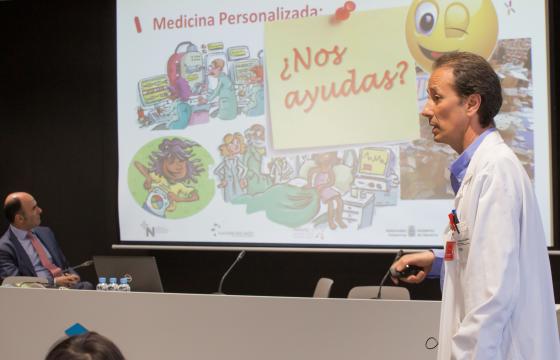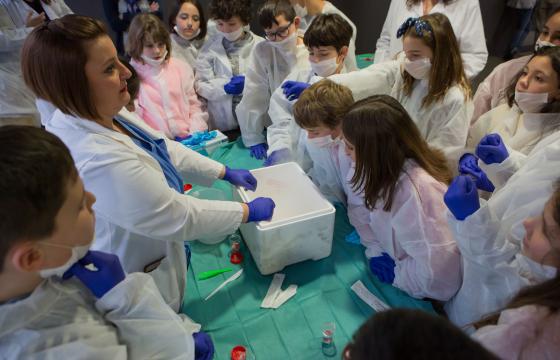Navarrabiomed and CHN participate in 6 of 15 strategic R&D projects funded by Government of Navarre
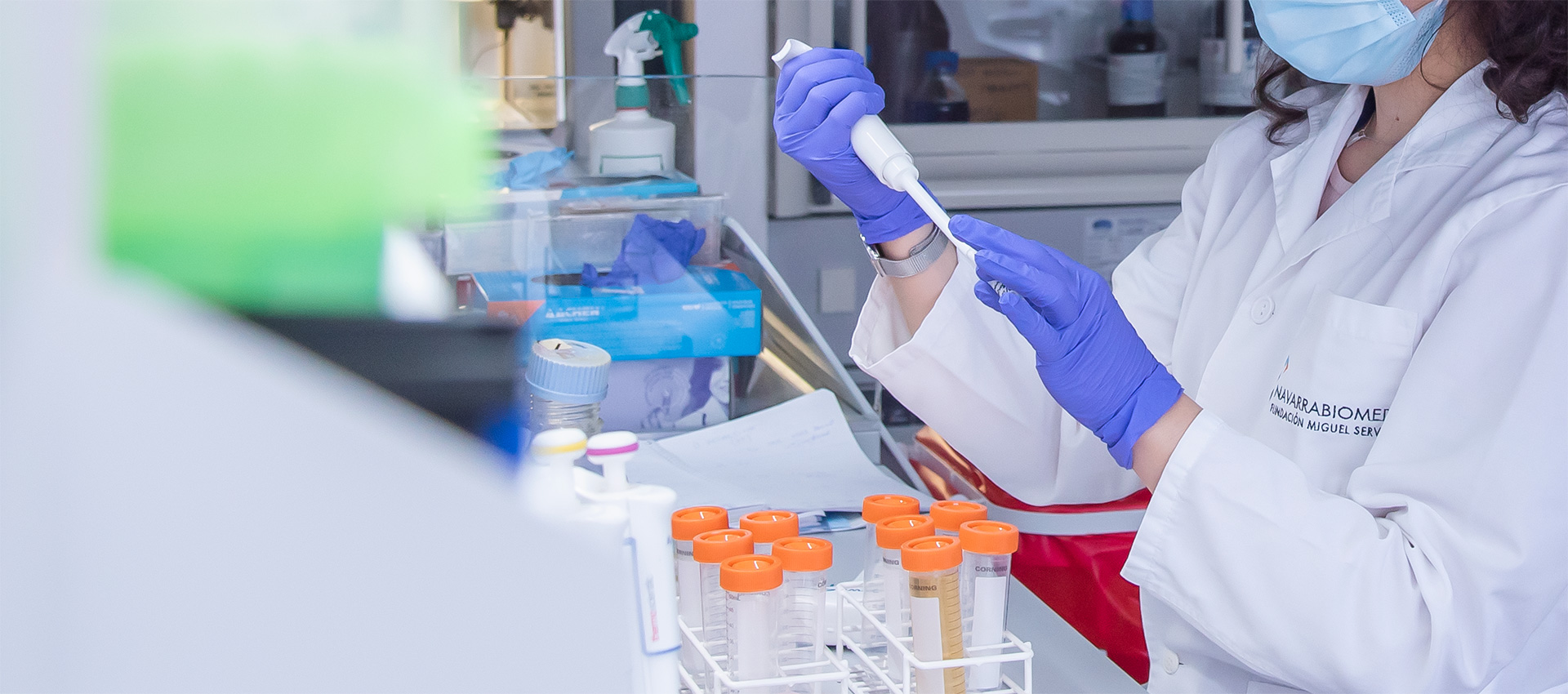
The Government of Navarre’s Ministry of Economic and Business Development has released the names of the recipients of the call for grant proposals 2021 for strategic R&D projects. Nearly €15 million in funding have been awarded to a total of 15 projects, which will involve the participation of 47 companies, 10 research organizations, two R&D business units and one cluster.
With this call, the Ministry of Economic and Business Development aims to boost the generation and application of scientific and technological knowledge to help increase the value of Navarre companies, steer R&D at technology centers and universities toward the industries considered a priority in the call strategy, and promote the digital transformation of the economy and the creation of innovative companies.
In the call, business initiatives are classified in seven challenges structured around the industries considered strategic for the Autonomous Community of Navarre: zero-emissions vehicles (Challenge 1 VOLTA); storing renewable energy (Challenge 2 AERO); advanced medicine and genomics (Challenge 3 GEMA); personalized, sustainable nutrition (Challenge 4 ALPES); artificial intelligence and robotics (Challenge 5 IRIS); biotechnology (Challenge 6 IDEA); and the application of emerging disruptive ideas (Challenge 7 SIBERIA).
Projects in which professionals from the Hospital Complex of Navarre (CHN) and Navarrabiomed participate under the management of the Miguel Servet Foundation
- NAGEN-Mx. Assessment of a personalized breast cancer screening strategy in Navarre (€1.2 million). Led by the Navarrabiomed Genomic Medicine Unit and with the participation of the CHN Genetics and Oncology Services. The other members of the consortium are the Institute of Public and Occupational Health of Navarre and the company Nutrición 3G.
- BLANCA. Use of genomic data to generate a cancer vaccine (€1.2 million). Project coordinated at the Center for Applied Medical Research (CIMA). The Digestive Medicine, Allergy (Immunology), Hematology and Pathological Anatomy Services will participate, as well as the Navarrabiomed Proteomics Platform. The other team members include the Clínica Universidad de Navarra (CUN), Bionanoplus, the SARAY association and ADItech.
- MINERVA-II. Genomics study for personalized diagnosis and treatment of patients with chronic heart failure and chronic kidney disease (€1.2 million). Initiative led by CIMA. Also participating are the Navarrabiomed Biobank and the CHN Cardiology and Nephrology Services. The other members of the consortium are CUN and the company NNBI 2020.
- microBIOMICS. Applications of multiomics study of microbiota to the development of innovative biotech solutions in the area of health (€1.4 million). Project coordinated at CIMA. The other team member from Navarrabiomed are the Proteomics Platform and the Navarrabiomed-Universidad Pública de Navarra (UPNA) Microbial Pathogenesis Unit, the CUN, ADItech, CNTA and NUCAPS.
- HEPAGENA. Prospective, sociodemographic genetic study of the metabolic disorder associated with fatty liver disease in the pediatric population of Navarre (€300,000). This project is led by the UPNA. Also involved in the project are the CHN Pediatrics and Endocrinology and Nutrition Services, and the Biobank Platform. Universidad de Navarra, CUN. ADItech and the company Making Genetics also form part of the consortium.
- SERENA2. Program for Sequencing of Newborns in Navarre (€192,000). The initiative leader is the UPNA. The CHN Digestive Medicine and Pediatrics Services will participate in the project, along with the CUN, I3 Code Solution and Écija Abogados.

